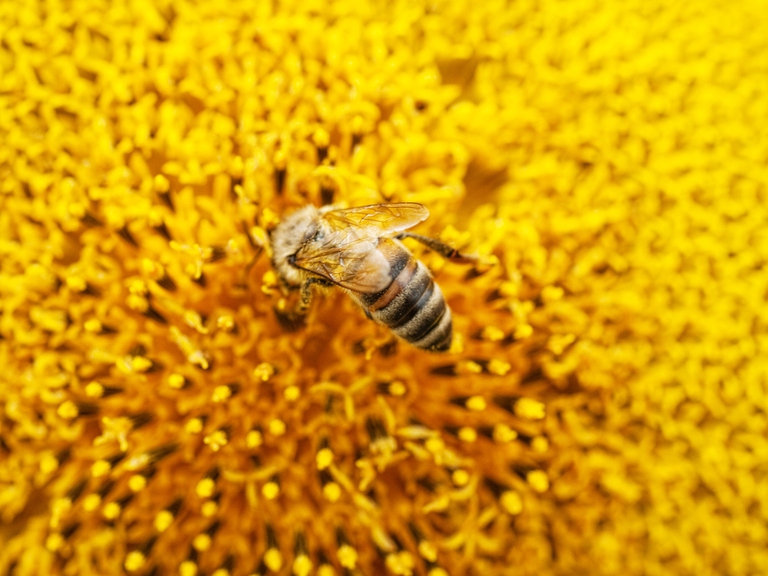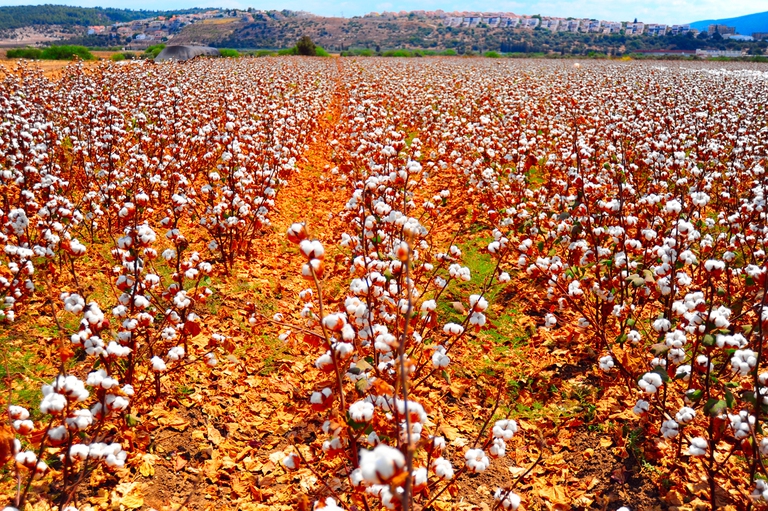
Mountain areas are home to around 1 billion people and provide goods and services. This is why the protection of healthy mountain ecosystems has become a must. The op-ed by FAO’s Mountain Partnership Secretariat.
La moria delle api è anche un problema finanziario che potrebbe colpire a cascata i profitti di innumerevoli industrie e, quindi, i loro investitori.
Pollinators’ decline in Europe and Northern America is posing a threat to agriculture and the food industry in general. Just a few, however, know that this phenomenon could lead to severe consequences for investors, too. This is what an analysis conducted by the United Nations-supported Principles of Responsible Investment (PRI) has shown. The report comes just a few days after France’s decision of banning – as of 2018 – neonicotinoids, a kind of pesticides that have harmful effects on pollinators.
The United States Department of Agriculture (USDA) estimates that bees’ amazing work contributes to producing food products that account for 20 billion dollars in annual US agricultural production. Globally, figures increase to 217 billion dollars a year. About 75 per cent of the world’s crops, in fact, depend at least in part on pollination. By result, pollinators’ decline would have a knock-on effect across the entire supply chain, from fields to supermarkets. Those who invest in the food and beverage industry shouldn’t overlook the importance of this. For example, California is forced to transport honey bees across the country to pollinate its almond crops, for an estimated cost of 150 dollars a hive, for a total of 1.5 million bee hives.
Agriculture is not the only sector involved though. Bees pollinate also crops used for animal feed, thus affecting livestock farming, and cotton cultivations providing the textile industry. Not to mention agrochemical giants. Syngenta declared that a ban on neonicotinoids would lead to a drop in sales of 75 million dollars, about 6.5 per cent of the total on a global scale.
Investors do have the right to know if companies they’re investing their money in are more or less vulnerable to the economic consequences of pollinators’ decline. However, this is not taking place. Over the past few months, measures to save pollinators have been put in place, but companies still seem reluctant to consider decline as a monetary risk.
Some shareholders are starting raising their voice. For example, PepsiCo shareholders are petitioning the company to assess the financial risks due to the decline of pollinators across its supply chains and, on the other hand, to report on its strategy to reduce high-risk pesticides. According to the UN PRI, if other responsible investors follow suit, companies and policy makers will be encouraged to do better.
Siamo anche su WhatsApp. Segui il canale ufficiale LifeGate per restare aggiornata, aggiornato sulle ultime notizie e sulle nostre attività.
![]()
Quest'opera è distribuita con Licenza Creative Commons Attribuzione - Non commerciale - Non opere derivate 4.0 Internazionale.
Mountain areas are home to around 1 billion people and provide goods and services. This is why the protection of healthy mountain ecosystems has become a must. The op-ed by FAO’s Mountain Partnership Secretariat.
After Pantelleria, Italy in 2014, the Republic of Malta in 2015, and Gran Canaria, Spain in 2016, this year the Italian island of Favignana, off the coast of Sicily, will host the fourth edition of the Greening the Islands International Conference on the 3rd and 4th of November. The event marks an important opportunity to tackle the topic of
In a region grappling with excessive pollution and greenhouse gas emissions, climate change-induced droughts and floods, exacerbated by high coal-fuelled energy consumption, countries in Asia are exploring innovative clean and green financing products such as green bonds to move towards a sustainable, low carbon economy. As much as 7 trillion US dollars will need to be spent building new
A report by Ember explains that in 2025 electricity generation from renewables (solar, wind and hydropower) surpassed that from fossil fuel sources.
The Tyler Prize, considered the “Nobel Prize for the Environment,” has been awarded to Toby Kiers, an American biologist working in Amsterdam.
Belgium is one of the countries most exposed to climate change. Dune–dikes are a solution to curb sea-level rise.
Between October 2024 and September 2025, the average temperature in the Arctic was 1.6 degrees Celsius higher than during the 1991–2020 period.
Undeclared conflicts of interest, paid authors, lack of transparency: one of the most cited studies on glyphosate, published in 2000, has been retracted.
Sweden’s Ministry for financial markets and consumer affairs has proposed to introduce tax breaks to citizens who repair broken objects and appliances instead of buying new ones. The proposal represents an incentive to reduce the use of resources while cutting CO2 emissions. Sweden will slash taxes The Value-added Tax (VAT) rate will be reduced from









